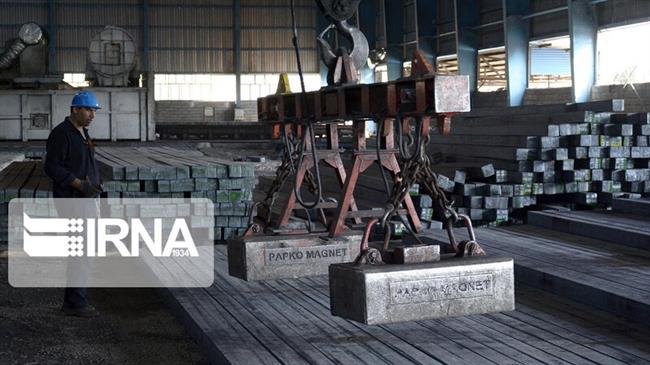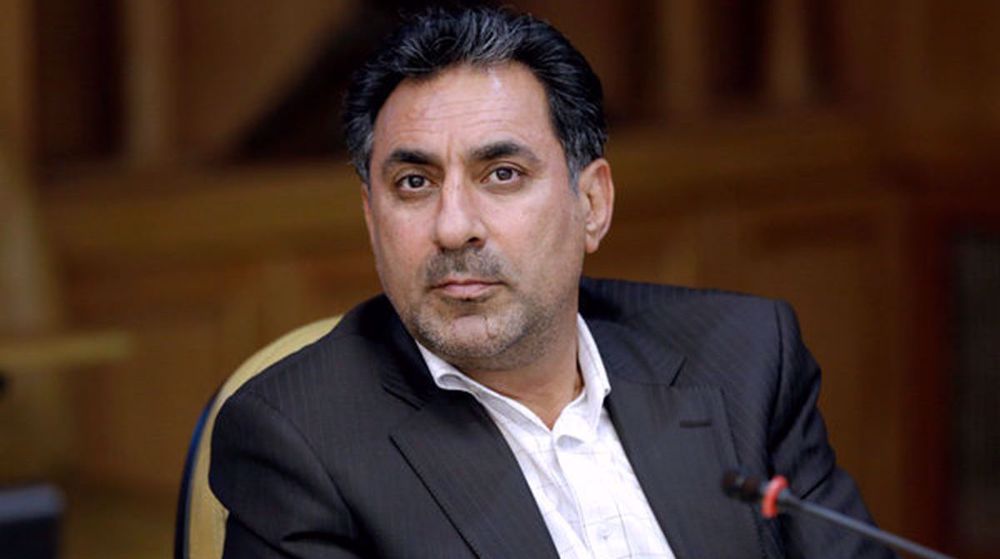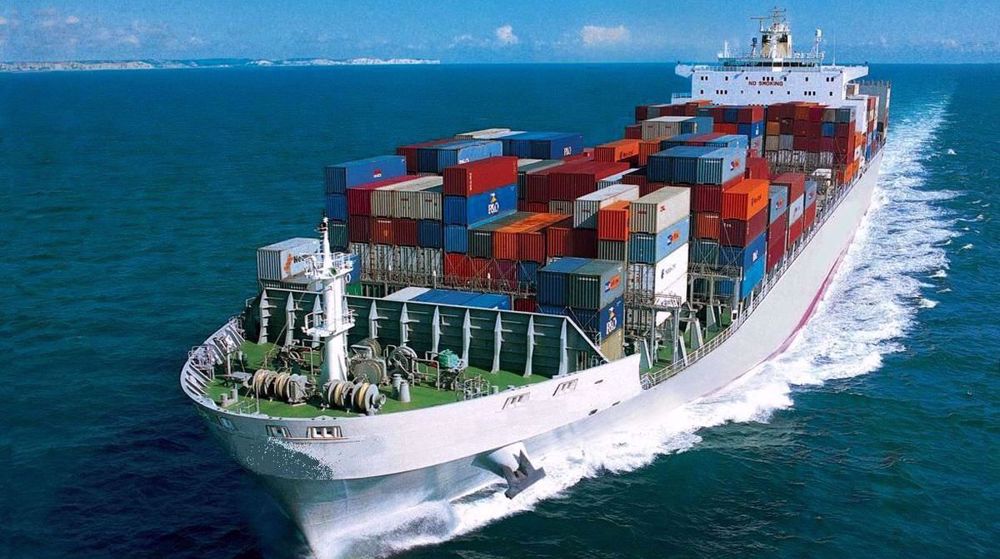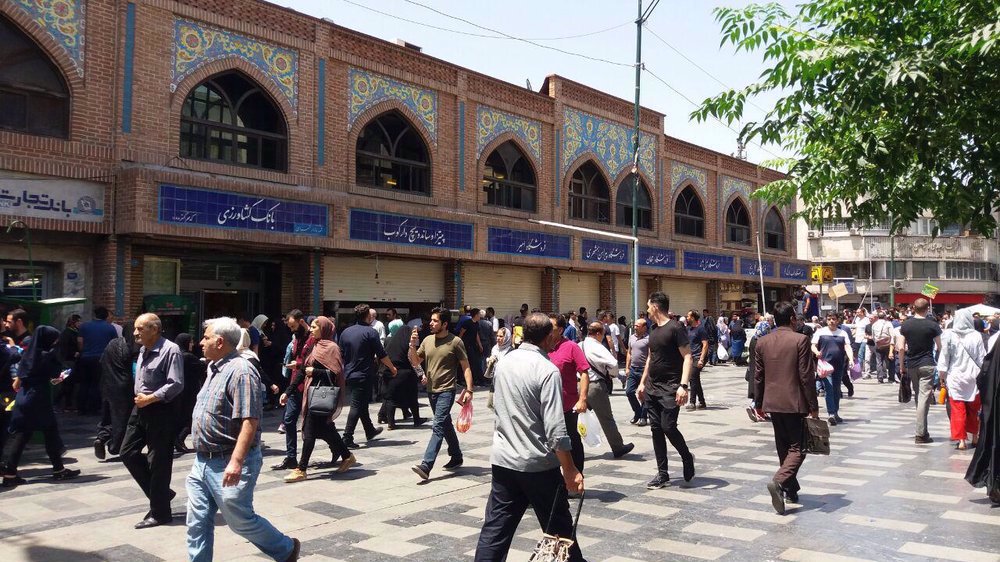Iran imposes heavy tariff on export of raw ore to protect steel industry
Iran is imposing a heavy tariff on exports of raw ore to prevent mass shipment of low-price pellets and concentrates that could harm a thriving steel industry in the country.
A deputy to Iran’s minister of industries said on Monday that exports of all raw minerals will be slapped with a 25-percent tax as of 23 September, 2019.
Ja’far Sarqini said the tariffs would cover various products of Iran’s iron mills, including iron ore and concentrates.
He said the tax is aimed to protect the domestic steel industry which uses raw ore in massive quantities.
“This decision is to be implemented with the aim of preventing sale of raw minerals and creating more added value (inside the country),” said Sarqini.
Reports over the past months have shown that steel mills across Iran have been facing a reduced supply of raw ore mainly because of increasing exports of unprocessed products.
Iran has carried out massive investment in the steel industry over the past years. The country is currently among the 10 leading steel producers in the world with around 35 million tons of annual output.
The country exported over seven million tons of steel in the year ending in March 2019, according to government data.
A recent report by the ministry of industry showed that production of sponge iron, also known as DRI, had increased by 12 percent in the year ending in March.
It said some iron mills had reported a surge in output of up to 50 percent for DRI and other products as they face increased demands from steel plants.
The government seeks to increase Iran's steel production to 55 million tons a year by 2025 to make the country the seventh top producer in the world.
Palestinian resistance fighters hit Israeli Merkava 4 tanks
VIDEO | UK police brutal assault on Muslim family sparks outrage, protests
Hamas: Death of leader in Israeli jail amounts to murder
EU sends €1.5 billion to Ukraine from frozen Russian assets
VIDEO | Millions of Yemenis rally for Gaza, call for more anti-Israel operations
UN chief calls for Olympic truce as games begin in Paris
Paris Olympics begin as sports world reeling from loss of 400 Palestinian athletes in Gaza war
Iran warns ‘sworn enemies’, says sidekicks of US, Israel ‘displaced’ with bloody hands












 This makes it easy to access the Press TV website
This makes it easy to access the Press TV website